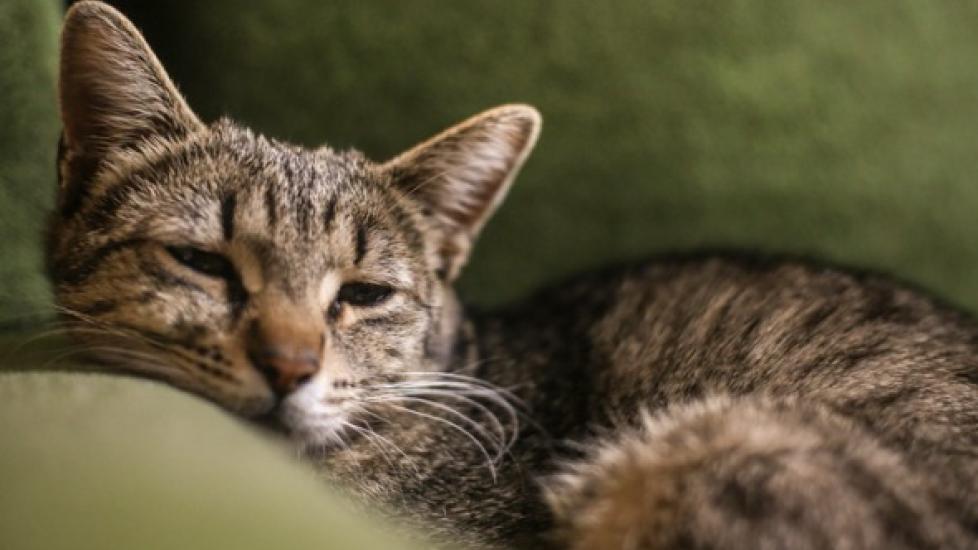 Cats are known for their independent nature and graceful movements, but when they exhibit lethargy, it can be a cause for concern. A lethargic cat may seem sluggish or uninterested in activities that usually pique its curiosity. If you’ve noticed your feline friend displaying signs of fatigue or lack of energy, it’s crucial to understand the potential reasons behind this behavior. Here is an exploration into why cats might become lethargic and what steps you can take as a responsible pet owner to help them regain their sparkle:
Cats are known for their independent nature and graceful movements, but when they exhibit lethargy, it can be a cause for concern. A lethargic cat may seem sluggish or uninterested in activities that usually pique its curiosity. If you’ve noticed your feline friend displaying signs of fatigue or lack of energy, it’s crucial to understand the potential reasons behind this behavior. Here is an exploration into why cats might become lethargic and what steps you can take as a responsible pet owner to help them regain their sparkle:
1. Illnesses and Infections:
Just like humans, cats can fall ill due to various infections or underlying health conditions. These illnesses could range from viral infections such as Feline Leukemia Virus (FeLV) or Feline Immunodeficiency Virus (FIV) to bacterial infections or even parasitic infestations. Symptoms associated with these diseases often include lethargy, loss of appetite, fever, and weight loss. Regular check-ups with the veterinarian will ensure early detection and treatment of any medical issues.
2. Pain and Discomfort:
Painful conditions can significantly impact a cat’s energy levels. Arthritis, which is common among older cats, can make movement difficult and lead to overall lethargy. Other causes of pain, such as dental problems, urinary tract disease, or trauma, should also be considered if your cat seems unusually tired. Providing proper care and managing discomfort through medication and lifestyle changes can greatly improve a cat’s quality of life.
3. Depression and Stress:
Mental well-being plays a significant role in a cat’s physical state. Environmental stressors, such as loud noises, new pets or family members, or even changes in routine, can trigger anxiety and depression. This emotional turmoil can manifest physically as lethargy. Creating a calm environment and providing plenty of opportunities for play and interaction can alleviate stress and boost mood. Additionally, ensuring consistent routines and using pheromone diffusers can contribute to a relaxed atmosphere.
4. Nutritional Imbalances:
A poor diet lacking essential nutrients can lead to a variety of health concerns, including lethargy. Cats require specific dietary components, especially taurine, which is vital for heart and eye health. Feeding high-quality food appropriate for your cat’s age, breed, and activity level is key. Consult with your vet about the best nutritional plan for your feline companion.
5. Dehydration:
Even mild dehydration can affect a cat’s energy levels. It’s important to provide fresh water at all times and encourage your cat to drink by placing multiple water sources around the house. Some cats prefer running water, so consider getting a pet fountain to stimulate their natural instinct to hunt prey near moving water bodies.
If you suspect that your cat’s lethargy stems from one of these factors or another issue altogether, it’s imperative to schedule an appointment with your trusted veterinarian. Early intervention and professional advice can prevent further complications and restore your beloved pet’s vitality. Remember, each cat is unique, and what works for one might not work for another; thus, patience and observation are key in finding the right approach for your individual furry friend.
